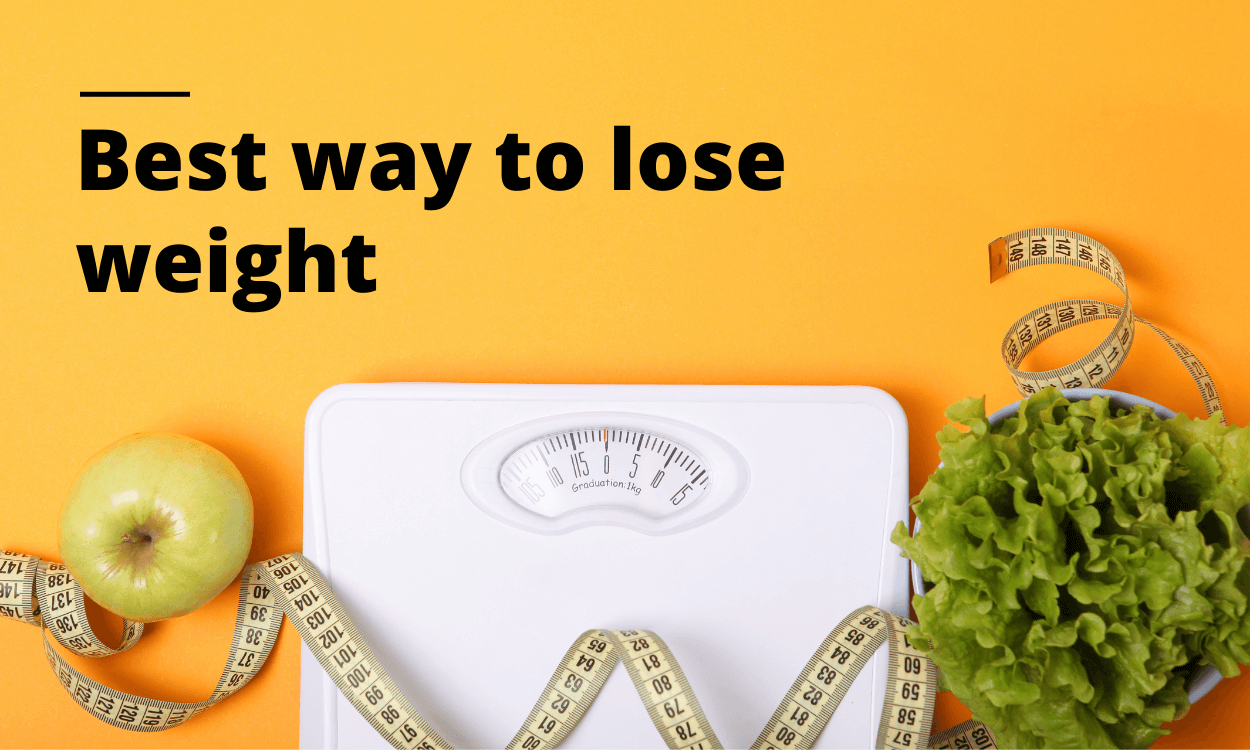Many people struggle with losing weight, but those with food allergies or sensitivities may face additional challenges. If you have a food allergy or sensitivity, you may find that it is difficult to lose weight because certain foods can cause inflammation in your body and trigger weight gain. In this blog, we will discuss how food allergies and sensitivities can affect weight loss, and what you can do to reach your weight-loss goals.
Food Sensitivities and Allergies
A food allergy is a reaction that occurs when your immune system mistakes a food for a harmful substance. This can result in symptoms such as hives, itching, swelling, and difficulty breathing. A food sensitivity, on the other hand, is a less severe reaction that may cause symptoms such as bloating, abdominal pain, and joint pain. Both food allergies and sensitivities can cause weight gain and make it difficult to lose weight.
Weight Gain and Food Intolerance
Food intolerances can cause weight gain by leading to inflammation in your body. Inflammation can disrupt your body’s ability to metabolize food and store it as fat, which can result in weight gain. Additionally, when your body experiences an allergic or intolerant reaction to a food, it may release insulin, which can cause you to store more fat.
Elimination Diet
One of the best ways to determine if you have a food allergy or sensitivity is to try an elimination diet. During an elimination diet, you will avoid eating certain foods that you suspect may be causing your symptoms. After a period of time, you will slowly reintroduce these foods into your diet one by one and see if any symptoms return. If you do have a food allergy or sensitivity, eliminating the offending food from your diet may help reduce inflammation and trigger weight loss.
Food Sensitivity Testing
In addition to an elimination diet, you may also want to consider food sensitivity testing. Food sensitivity testing can help determine if you have an intolerance to specific foods. The most common type of testing is IgG (immunoglobulin G) testing, which measures the antibodies that your body produces in response to certain foods.
Integrative Medicine
If you suspect that you may have a food allergy or sensitivity, it is important to work with a healthcare provider who is knowledgeable in integrative medicine. An integrative medicine doctor can help determine the underlying cause of your symptoms and develop a personalized treatment plan that takes into account your unique needs and health goals.
The Connection Between Food Sensitivities and Weight Loss
Food sensitivities can affect weight loss by causing inflammation and triggering the release of insulin in your body. This can make it difficult for you to lose weight and keep it off. If you have a food allergy or sensitivity, it is important to identify the offending food and eliminate it from your diet. This, in combination with a healthy diet and regular exercise, can help you achieve your weight-loss goals.
Making Weight Loss Easier with Fitpaa
If you’re struggling with weight loss and food sensitivities, Fitpaa can help. Fitpaa is a food and activity tracking app that can help you reach your weight-loss goals by tracking your food intake and monitoring your progress. With Fitpaa, you can easily see the connection between the foods you eat and the symptoms you experience. By eliminating the foods that trigger your symptoms, you can reduce inflammation and make it easier to lose weight.
In conclusion, it is possible to lose weight even if you have food allergies or sensitivities. Understanding your unique situation and identifying any food triggers that may be causing inflammation, digestive discomfort, and weight gain is key. Incorporating a healthy, balanced diet and avoiding offending foods can help you reach your weight loss goals. If you suspect you may have a food allergy or sensitivity, consider speaking with an allergist or trying food sensitivity testing. With the right approach and support, you can overcome the challenges of food sensitivities and achieve your healthy weight.











